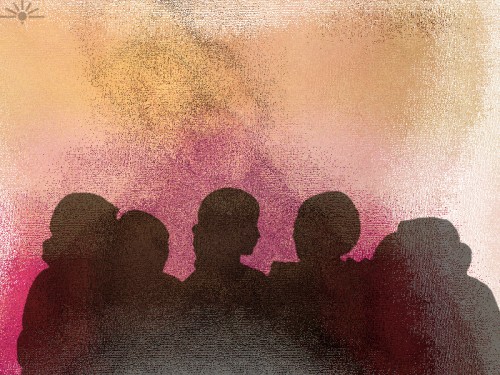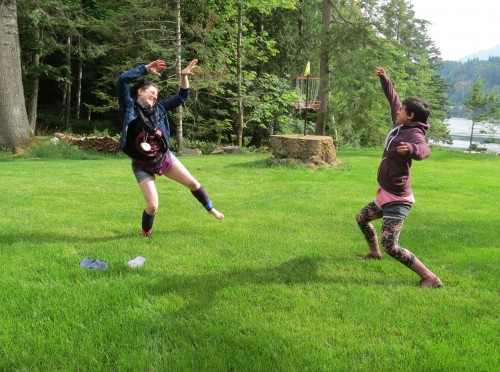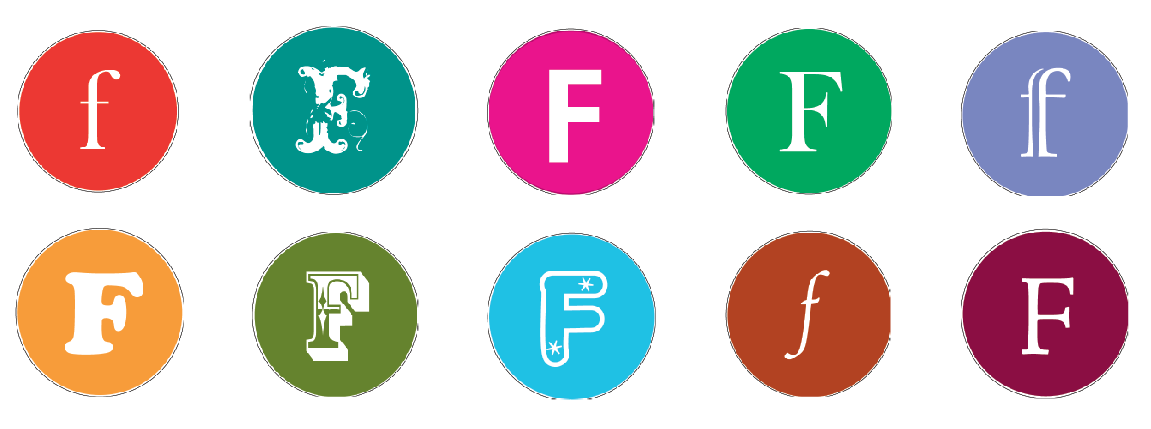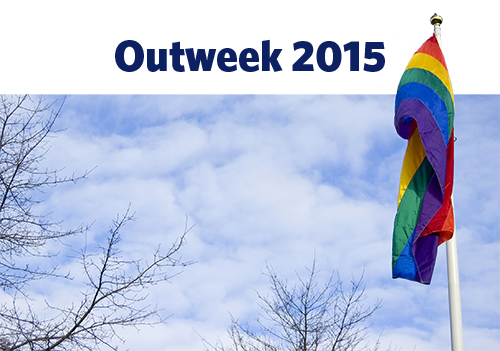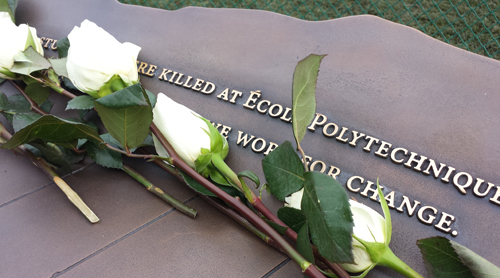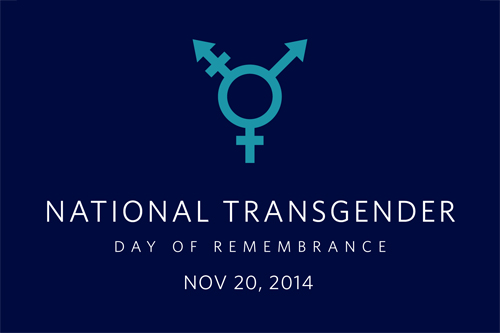Disability Studies – Ethel Louise Armstrong (ELA) Postdoctoral
Fellowship: Ryerson University – School of Disability Studies
Established in 1999, the School of Disability Studies at Ryerson University was the first in Canada to offer degree education rooted solely in a disability studies perspective. This part-time degree completion program targets learners with previous education and experience in disability-related fields. We offer a distinctive undergraduate program that illuminates the extent to which the lives of disabled people are shaped by patterns of injustice, exclusion, discrimination and the rule of social, cultural and aesthetic ‘norms’. Our program does not teach about disability; rather, it begins in/from disability to teach about social and material worlds.
With a gift from the Ethel Louise Armstrong (ELA) Foundation, the ELA Post-doctoral Fellowship was established to further the scholarly contributions of disabled women. It is intended for a disabled woman who has completed doctoral studies within the past five (5) years in any discipline that advances scholarship related to Disability Studies.
Based in the School of Disability Studies at Ryerson, the incumbent will be expected to:
– enhance and expand the interdisciplinary scholarship of the School;
– implement a relevant program of study;
– seek opportunities for collaborative research and publication;
– deliver an annual public lecture on her research.
– engage with and contribute to the collegial life in and around the School.
This particular call is for a one-year placement. Applications are due August 26, 2016 for a Fall 2016 start date – specifics to be negotiated. End date is August 31, 2017. There is a possibility of renewal for a further year depending on circumstances in our program.
The fellowship awards a starting salary of $45,000 plus benefits.
How and When to Apply:
To apply, please send the following: A letter of application that describes the focus of your work to date including an articulation of how you are situated with respect to current developments in Disability Studies:
– Outline for a one year program of activity that will advance Disability Studies through interdisciplinary scholarship
– A current C.V.
Please send your application materials via email to:
Dr. Kathryn Church Director, School of Disability Studies, Ryerson University, 350 Victoria Street, Toronto, ON M5B 2K4, Ryerson University:
Located in the heart of Toronto, the largest and most culturally diverse city in the country, Ryerson University is committed to diversity, equity and inclusion. The University is known for innovative programs built on the integration of theoretical and practically oriented learning. Our undergraduate and graduate programs are distinguished by a professionally focused curriculum and strong emphasis on excellence in teaching, research and creative activities. Ryerson University is strongly committed to fostering diversity within our community. We welcome those who would contribute to the further diversification of our faculty and its scholarship including, but not limited to, women, visible minorities, Aboriginal people, persons with disabilities, and persons of any sexual orientation or gender identity. All qualified candidates, including international candidates are encouraged to apply but applications from Canadians and permanent residents will be given priority. For further information on Ryerson University, please visit Ryerson School of Disability Studies: http://www.ryerson.ca/disabilitystudies/
– See more at:
http://www.neads.ca/en/about/media/index.php?id=398#sthash.oOMKiFzh.dpuf
Frank Smith, National Coordinator
National Educational Association of Disabled Students (NEADS) Rm. 426 Unicentre, Carleton University Ottawa, Ontario, K1S 5B6 tel. (613) 380-8065 ext. 201 www.neads.ca <http://www.canadahelps.org/dn/344>
“Supporting access to post-secondary education and employment for students with disabilities”
You may unsubscribe the list at any time by sending a “SIGNOFF CADSPPE-L” command to LISTSERV@LISTSERV.UOTTAWA.CA.
Please visit the University of Ottawa Accessibility Hub http://www.uottawa.ca/respect/accessibility-hub/ to learn more about Accessibility.
Vous pouvez vous retirer de cette liste à tout moment en envoyant une demande “SIGNOFF CADSPPE-L” à LISTSERV@LISTSERV.UOTTAWA.CA.
S’il vous plaît visiter le Carrefour Accessibilité de l’Université d’Ottawa http://www.uottawa.ca/respect/carrefour-accessibilite/ pour en apprendre davantage sur l’accessibilité.


